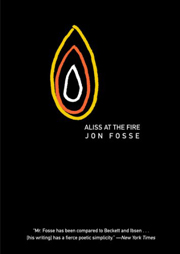 Aliss at the Fire
Aliss at the Fire
by Jon Fosse
Dalkey Archive, 2010
This was a really haunting read. The book takes the form of an extended interior monologue written in a terse, stripped-down prose that enacts an intense and haunting landscape of loss and memory. The ghosts, both of the dead and live, intermingle in a strange drama. I felt like I was overcome by a subtly increasing anxiety as I read this in one sitting.
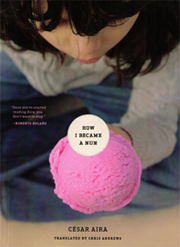 How I Became A Nun
How I Became A Nun
by César Aira
New Directions, 2007
This was recommended to me by my friend Felipe, the back cover toting the impressive blurb from Roberto Bolaño: “[Aira] is also one of the three or four best writers working in Spanish today.” Indeed, the strange hyper-reality of the six-year old boy/girl narrator that revolves around an incident involving strawberry ice cream is a strange trip. The narrative convulses with the narrator’s delirious perspective on the world, a precise dark humor, and the sense of listening to an oddly but hyper-calculated musical composition.
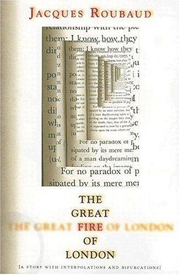 The Great Fire of London
The Great Fire of London
by Jacques Roubaud
Dalkey Archive, 2006
Self-labeled as a “bi-furcated novel,” this is one I might dare call a “masterpiece.” It is a difficult read, and also difficult to really explain, but the narrative is compulsive in its expansion, the density and beauty of the interstitual prose offering a sense of continuous simultaneity. Probably the easiest way to summarize the project is to say that this is a novel about the failure to write a novel, the ruins and grief turned into novel, questioning too the very nature of a “project.” The Loop and Mathematics are already in my queue.
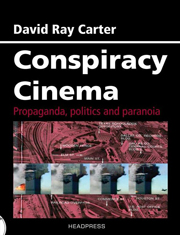 Conspiracy Cinema
Conspiracy Cinema
by David Ray Carter
Headpress, 2012
With the statement, “Conspiracy theories are a type of rebellion,” I was really intrigued to delve into the book. Reading the introduction got me excited and sort of wanting to play a game of Illuminati. The body of the text itself, though, is more appropriate as a primer or reference book, offering a vast list of films and works falling under the banner of “conspiracy cinema” with brief descriptions and thoughts. What I wanted honestly was a deeper analysis and reflections on these works’ significance in a broader context, though perhaps this volume helps to set the stage for more studies in this area.
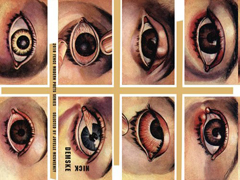 Nick Demske
Nick Demske
by Nick Demske
Fence Books, 2010
I was just thinking the whole time, how did I not read this earlier? The back of the book: “He desensitizes your obscenity-mometer” which I misread as “obscenity-monster.” An excerpt from one of my favorite sonnets in the collection “As Far Away”: The Holocaust never existed. What are you going to do / About it? The Holocaust never happened, but your mother’s autopsy reveals / It can if you just believe.” Most of my thoughts on this book are fragments, shards, but yes: intense, obscene, honest, repulsive, contemplative, hallucinatory, & really smart.

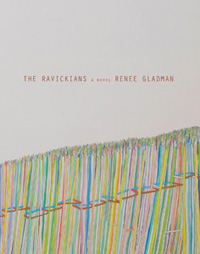 The Ravickians
The Ravickians I Don’t Mind If You’re Feeling Alone
I Don’t Mind If You’re Feeling Alone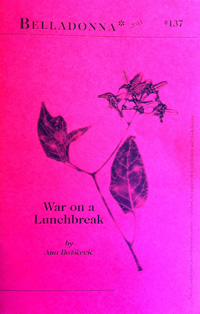 War on a Lunchbreak
War on a Lunchbreak 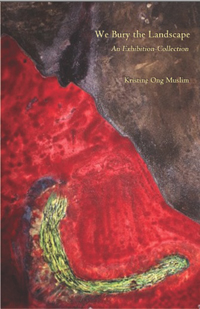 We Bury the Landscape
We Bury the Landscape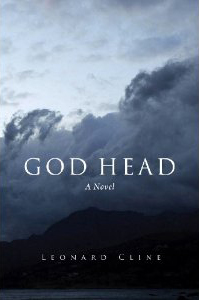 God Head
God Head
 How I Became A Nun
How I Became A Nun The Great Fire of London
The Great Fire of London Conspiracy Cinema
Conspiracy Cinema Nick Demske
Nick Demske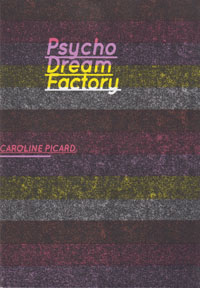 Psycho Dream Factory
Psycho Dream Factory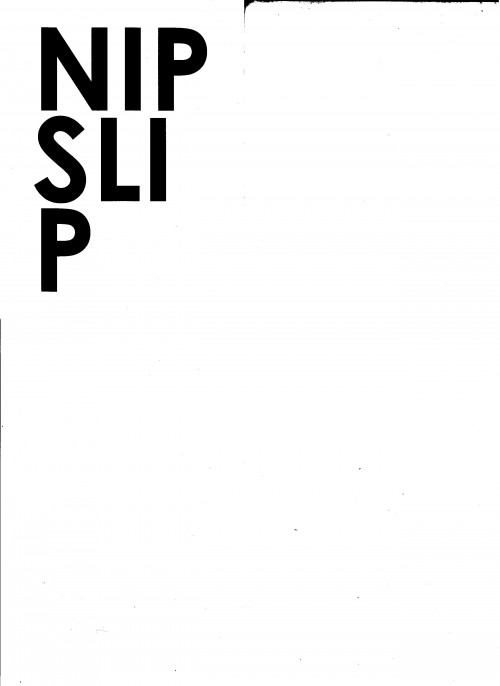
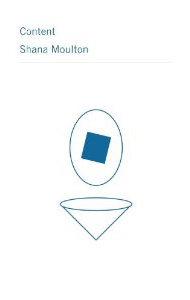 The Blazing Fireplace of Guardianship
The Blazing Fireplace of Guardianship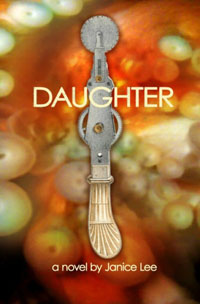 Philip K. Dick: Remembering Firebright
Philip K. Dick: Remembering Firebright